QuestionHi Jessica,
I won a 7 year old F3 Bengal cat. I have owned her 6 years. she is a very dependent cat with separation anxiety. I would never go on a trip longer than a couple days or I would probably come home to a cat that has pulled out a lot of her fur, possibly sick or dead. The problem I have been having is I use to be home more and spend more time with her. I have had to go back to work almost full time about 6 months ago. I try to give her lots of love and attention and of course play time. I have considered myself very close to her. The problem is that she has been attacking me by running at me and either bitting into my leg (ouch!!!) or scratching me once or twice a day. I tell her "no!!!" and show her I don't like this. I have all kinds of bite and scratch marks on my legs. It's a little embarrassing. I am getting some what frightened of her. I know that you can get a serious infection from a cat bite if a cat has an infected tooth. She has attacked me in bed. I love my baby girl deeply. I don't know what to do.
AnswerHi Jamie. Sorry to hear you're going through such a hard time with her. I'm sure the changes in your schedule have been difficult for her to adapt to. Bengals, especially those who still have wild blood like yours, can have a really hard time adjusting to change, as they tend to be quite anxiety-ridden. It's in the Asian Leopard Cat's nature. I think her aggression could be an outpouring of anxiety that has gotten out of control.
I would recommend using a product to try to reduce anxiety. One product is Feliway, a synthetic facial pheromone that helps promote a sense of calm in cats. You can learn more about how it works at www.feliway.com. It's available at pet stores and online. I use the plug-in diffuser in my own home. Also, you might consider looking into some flower essences to help calm her. I have used Spirit Essences (www.spiritessences.com). I'm not certain what the best formula would be for a kitty who is so anxious and aggressive, but the vet that helped formulate the products is excellent about getting right back to you if you email her with questions. She's a highly respected holistic vet often featured in Cat Fancy Magazine.
Some cases of aggression need to be treated with traditional medications. Typically, these are antidepressants and may include Prozac, Buspar, Elavil and Clomicalm. Each vet has their preference, it seems, but Clomicalm is gaining a lot of favor for the treatment of anxiety-related aggression. It's labeled for use in dogs but has been used off-label in cats safely for years. Behavior modification will be recommended in conjuction with any medicinal treatments.
As an aside, cat bites always pose a risk of infection. Cats, like humans, usually carry over 300 identified species of bacteria in their mouths. The one which most often causes infection is pasteurella, a bacteria that resides in the mouths of most cats. It's estimated that 80% of cat bites become infected, although it's important to remember that this is the number of REPORTED cat bites. However, I've worked with feral cats for 15 years and am bitten rather often. I had never suffered one infected bite until last month, when I received over 20 deeply penetrating bites to my hands. And if you can believe it, they came from one of my scared Bengals! You should wash bite wounds out immediately with an antibacterial soap and hot water. Hot water soaks are good to draw out bacteria, too. However, if the area surrounding the bite begins to feel hot to the touch, becomes deeply discolored or very swollen, get to the doctor. Antibiotics can cure infections, but if you allow infections to continue to go untreated, they can spread to the blood which is a life-threatening situation.
Best of luck with her!
Jessica

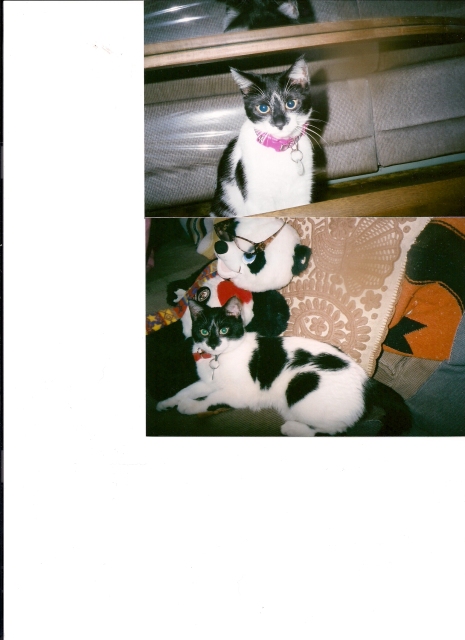 Recently Adopted Cat
Question
CREAM PUFF
Hello !
Hoping all is well.
Recently Adopted Cat
Question
CREAM PUFF
Hello !
Hoping all is well.
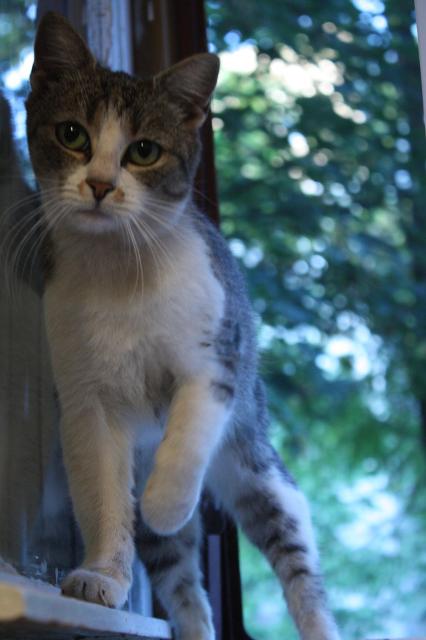 Cat meaowing after spayed
QuestionQUESTION: Hello, I am having a problem with my
Cat meaowing after spayed
QuestionQUESTION: Hello, I am having a problem with my
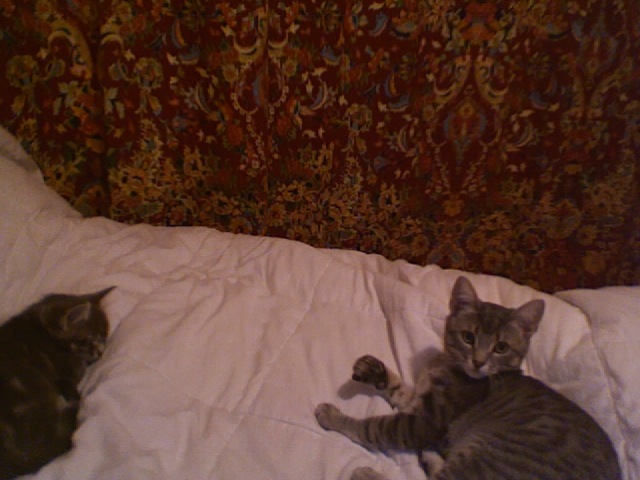 Kitten introduction
Question
the brothers
I recently (yesterday) int
Kitten introduction
Question
the brothers
I recently (yesterday) int
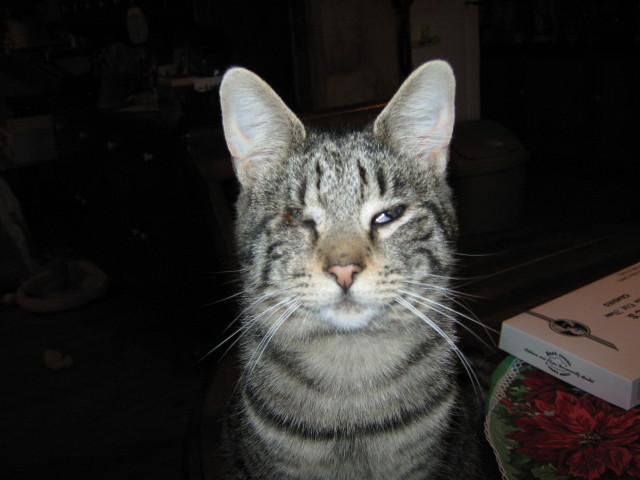 What breed is Jerome the Cat
Question
Jerome the Cat
Hi Karen.
Last summer on my da
What breed is Jerome the Cat
Question
Jerome the Cat
Hi Karen.
Last summer on my da
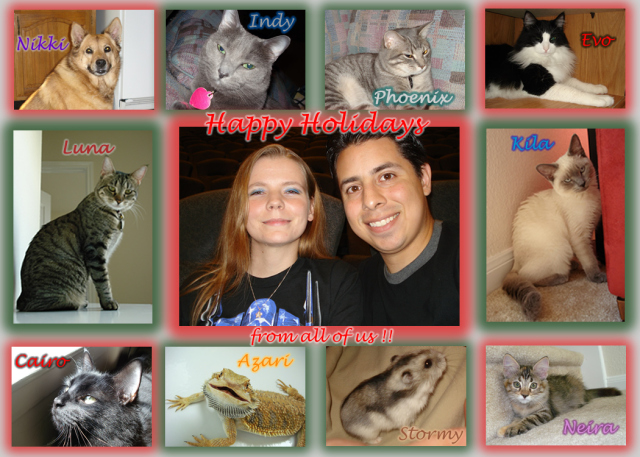 Treating cat dominance/aggression with prozac
QuestionI adopted a 3-year old male from the shelter th
Treating cat dominance/aggression with prozac
QuestionI adopted a 3-year old male from the shelter th